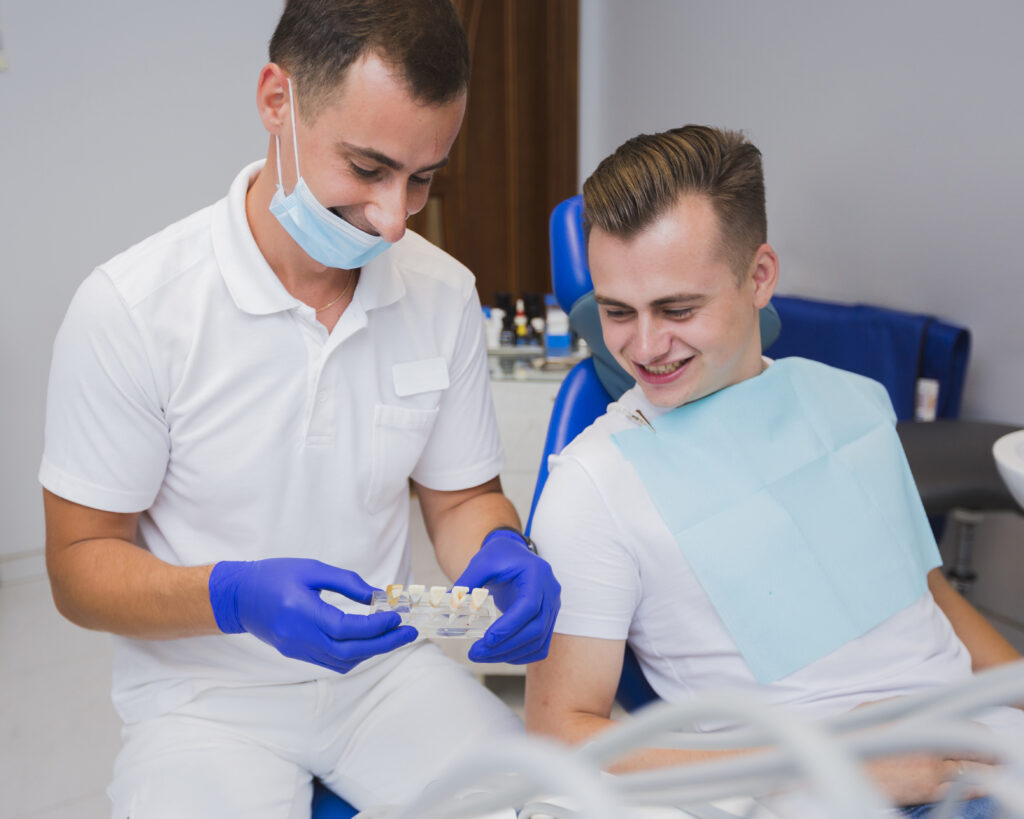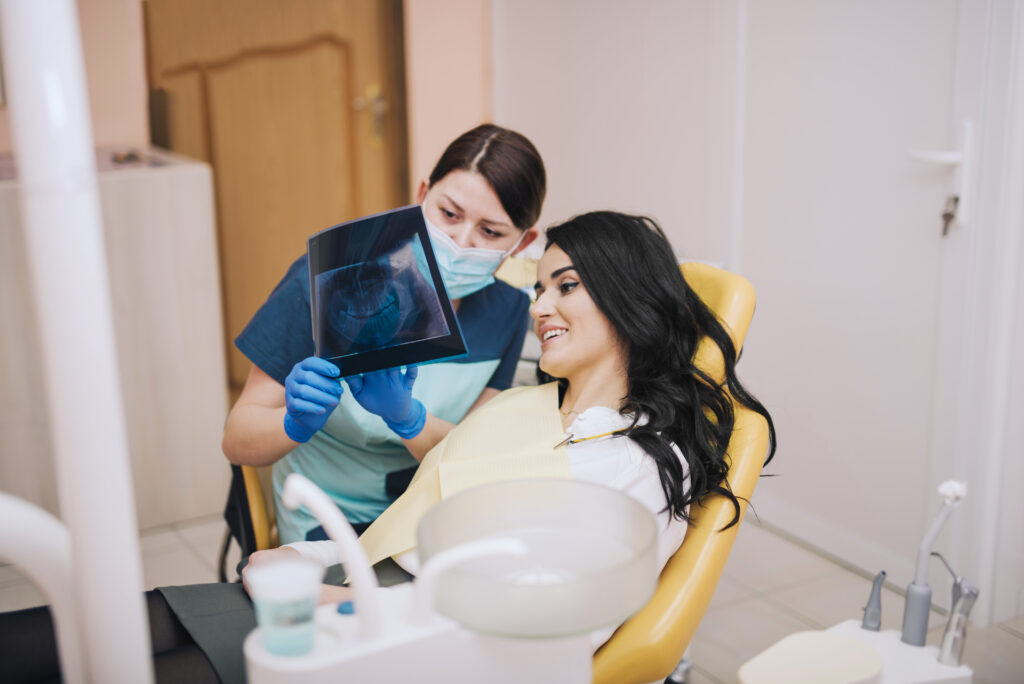
Introduction:
Welcome to our dental care blog, where we’re diving into the realm of preventive dentistry – your passport to maintaining a dazzling smile and optimal oral health. This guide will walk you through the significance of preventive dentistry, its benefits, and actionable tips to keep your teeth and gums in top-notch condition.

Section 1: What is Preventive Dentistry? Preventive dentistry is more than just regular brushing and flossing. It encompasses a series of proactive measures aimed at warding off oral health problems before they escalate. By adopting a preventive approach, you can save yourself from painful dental issues down the road.
Section 2: The Benefits of Preventive Dentistry:
- Cost Savings: Investing in regular check-ups and cleanings can be significantly more affordable than treating advanced dental problems.
- Early Detection: Regular dental visits enable early detection of potential issues like cavities, gum disease, or oral cancer.
- Oral Health and Overall Health: A healthy mouth is linked to better overall health, reducing the risk of conditions like heart disease and diabetes.
- Preserving Your Smile: Preventive measures help you keep your natural teeth for a lifetime, avoiding the need for costly restorative procedures.
Section 3: Essential Preventive Practices:
- Regular Dental Check-ups: Schedule biannual visits to your dentist for professional cleanings and thorough examinations.
- Daily Oral Hygiene: Brush your teeth twice a day using fluoride toothpaste and floss at least once daily to remove plaque and food particles.
- Balanced Diet: Limit sugary snacks and beverages, opting for a diet rich in fruits, vegetables, lean proteins, and dairy products.
- Fluoride Use: Incorporate fluoride toothpaste and mouthwash to strengthen enamel and prevent cavities.
- Dental Sealants: Consider sealants for your molars to provide an extra layer of protection against cavities.
- Lifestyle Choices: Avoid tobacco use and limit alcohol consumption, as they are detrimental to oral health.
- Mouthguards: Use mouthguards during sports and physical activities to prevent dental injuries.
Section 4: The Role of Your Dentist:
- Comprehensive Examinations: Dentists identify early signs of dental issues through thorough exams, X-rays, and visual inspections.
- Professional Cleanings: Dental hygienists remove hardened plaque (tartar) that can’t be removed by brushing alone, preventing gum disease.
- Personalized Advice: Dentists provide guidance on proper oral care techniques and recommend tailored strategies for maintaining oral health.
Section 5: Overcoming Dental Anxiety: For those with dental anxiety, preventive care might seem daunting. Consider these strategies:
- Open Communication: Discuss your fears with your dentist beforehand.
- Sedation Options: Inquire about sedation techniques to help you relax during procedures.
- Distraction Techniques: Bring headphones and listen to calming music or podcasts during visits.
- Gradual Exposure: Start with shorter, less invasive appointments to build your comfort over time.
Section 6: Embracing Preventive Dentistry for a Lifetime: Make preventive dentistry a lifelong commitment to enjoy a healthy smile and overall well-being. By adopting good oral hygiene practices and maintaining regular dental visits, you’ll be well on your way to preserving your beautiful smile.
Conclusion:
Preventive dentistry is the cornerstone of oral health, offering a myriad of benefits that extend beyond just your teeth and gums.

